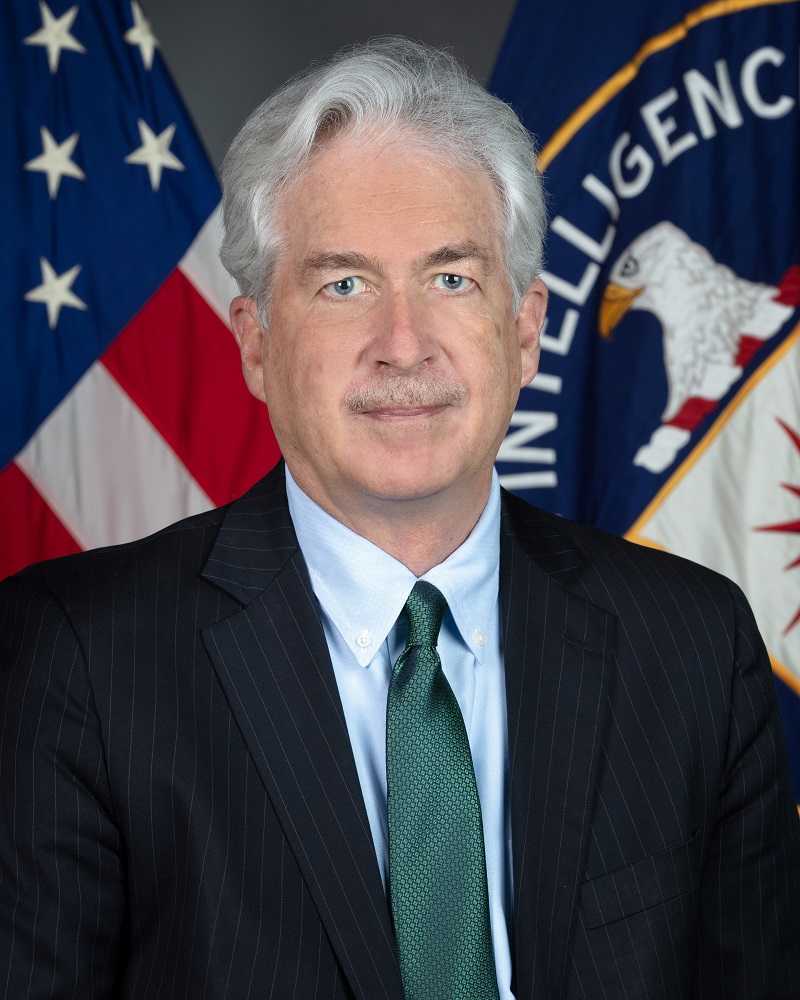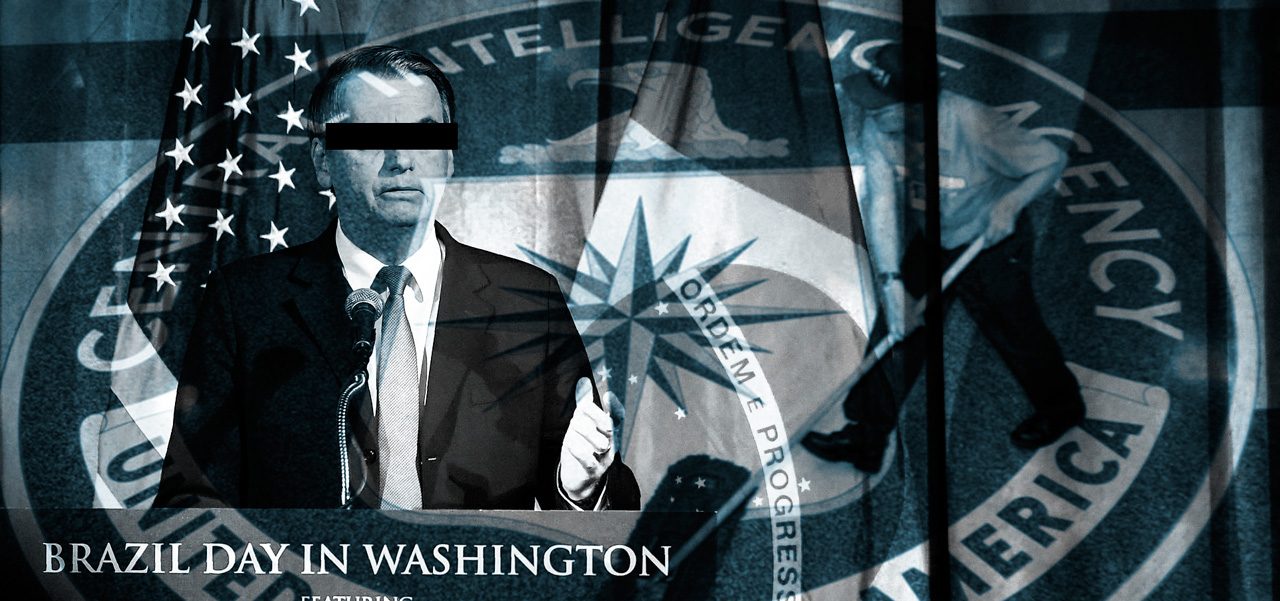A picture is emerging of the agenda being pursued by CIA director William J. Burns on his classified visit to the Bolsonaro government.
By Nathalia Urban
As reported yesterday, the CIA Director William J. Burns travelled to Brazil to meet Bolsonaro government ministers. The reason for the meetings had been kept secret, but Jair Bolsonaro during his daily social media broadcast to his supporters, claimed he had a meeting with Burns (although not on his official schedule). The Brazilian president openly admitted that the meeting was held with the purpose of discussing the political situation in South America, or more specifically the new rise of the left, and Bolsonaro attacked neighbouring countries:
“I’m not going to say that this was dealt with him, but we analyzed how things are going in South America. We can’t stand to talk about Venezuela anymore, but look at Argentina. Where is Chile going? What happened in Bolivia? The Evo Morales gang returned. And even more: the president who was there in the interim term is in prison, accused of undemocratic acts. Are you feeling any resemblance to Brazil?”.
As published here at Brasil Wire, Bolsonaro played an active role in the 2019 coup in Bolivia and in the same year aided repression promoted by Sebastian Piñera in Chile.
Before arriving in Brazil, Burns had been in Colombia.
In a speech on the 1st of July, Venezuelan President Nicolás Maduro spoke about the “tour” of US authorities in the region and of a “plan against Venezuela”:
“The commander of the Southern Command and the head of the CIA are prowling around Venezuela, and they are received like heroes in Colombia, Brazil, to make plans against you,” the Venezuelan head of state said in a Television address.
“In Colombia there was the commander of Southern Command, Craig Faller, and they told me that the director of the CIA was also there recently. They are working on some secret plan to harm Venezuela,” he said.
Maduro has a point. According to the Colombian Foreign Ministry on the 28th of June, Joe Biden and Iván Duque had a phone call where they spoke about the situation in Venezuela and its regional impact, and highlighted the importance of seeking an international consensus for “free and fair elections” in the country.

CIA director William J. Burns
Burns’ Agenda
During the day, the US authority visited the Palácio do Planalto and met with members of Jair Bolsonaro’s government.
In the afternoon, Burns attended an audience with the director of the Institutional Security Office (GSI), General Augusto Heleno. Also present at the meeting were Alexandre Ramagem, director general of ABIN, the Brazilian Intelligence Agency, and General Walter Braga Netto, Minister of Defence.
In the evening, the director of the CIA participated in a dinner with Heleno and with the Government Secretary, General Luiz Eduardo Ramos.
There is no exact information on where exactly the CIA director met with Bolsonaro. As Burns held meetings with Generals at the heart of the Bolsonaro regime, Bolsonaro announced that he would not relinquish the presidency at the 2022 election in the event of “election fraud”. The president of the TSE (Electoral Court) last week denounced Bolsonaro’s plan for Brazil’s return to a system of printed votes, as a “return to election fraud” and threat to democracy.
Bolsonaro’s statement has caused concern, especially given that baseless allegations of voter fraud were the pretext for both the 2019 US-backed coup in Bolivia, and the current situation in Peru, with efforts to prevent its election winner, socialist Pedro Castillo, from taking office. Former president Lula da Silva, Bolsonaro’s would be opponent in 2018, who led polls before being jailed in the joint US-Brazil anti-corruption operation Lava Jato, is now absolved and free to run, with opinion polls showing he that he would win the 2022 election in the first round, with a 30% lead over the sitting president.
In Brazil, Chile and Colombia, the United States’ three key allies in South America, left wing candidates currently lead election polls for forthcoming elections, against a backdrop of massive street protests against their far-right, US-supported leaders, in what many are describing as a repeat of the “pink tide” that swept the continent twenty years ago.
[qpp]

